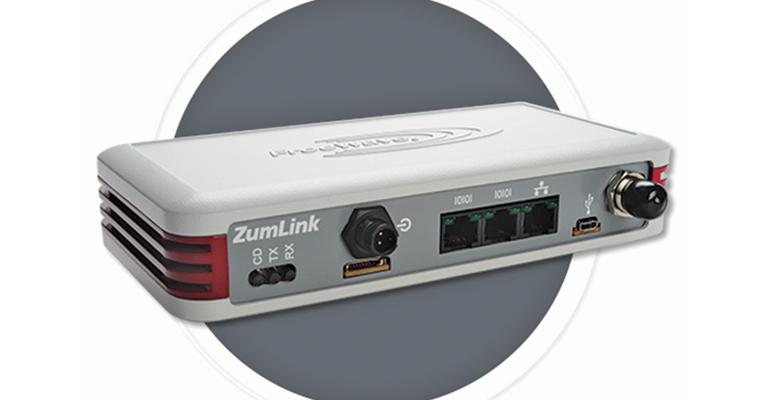UBS Global Wealth Management is broadening the scope of its investment analysis and using environmental, social and governance criteria to judge a swath of mutual funds and exchange traded funds on its platform.
The wealth manager, which oversees approximately $2.4 trillion globally, said it plans to give an in-house ESG rating to all long-term-focused mutual funds and EFTs available to their advisors, regardless of whether those funds have an ESG-screen mandate or not. Funds on the non-U.S. platform will have a rating before the end of 2019. Separately managed accounts on the U.S. platform will also receive an in-house rating before the end of next year.
Andrew Lee, the head of UBS Global Wealth Management Americas sustainable and impact investing, said beyond 2019 the intention is to have in-house research and ratings across all investments.
In-house fund ratings will be given on a scale of one to 10 and take into consideration UBS’s own quantitative analysis as well as questionnaires and interviews with fund managers. Detailing the funds exposure to ESG risks will give advisors better tools to select the right investments for their clients, Lee said.
Too often advisors are forced into a “binary” decision around ESG factors, Greg Trinks, head of UBS Global Wealth Management Americas fund investment solutions, said a fund is either an ESG fund or it’s not. But getting beyond the label and the insight into the way all investments score on the non-financial criteria, gives advisors more information into how a portfolio manager handles the ESG risk.
There are many firms that score companies and funds on the factors, but that's made more difficult because the data isn’t always comparable due to differences in company disclosures and different ways of interpreting the same data, said Trinks.
UBS’s in-house efforts at assimilating the data, combined with their own analysis, may shine a light on funds that might have the ESG buzzword in their name but have a variety of exposures that investors may not feel comfortable with. Lee said their ratings aren’t meant to be exclusionary but rather to show that what’s in a name, or using a one-size-fits-all ESG screen, is not all that matters.
Giving an ESG rating to a fund that doesn’t have an ESG mandate could have unintended consequences, said Venk Reddy, portfolio manager and chief investment officer of Zeo Capital Advisors, an active, fixed income manager in San Francisco with approximately $350 million in assets. It’s possible that managers who don’t consider ESG or sustainability criteria could be viewed negatively even though their funds were never designed for investors interested in that thematic investing in the first place. Reddy has not put Zeo’s lone fund on the UBS platform.
Adding in-house ESG ratings by UBS was “brilliant marketing” for the firm and its financial advisors, Reddy said, as investor interest in ESG grows and clients seek wealth managers who can deliver those solutions. In response to client interest, Zeo Capital has researched and considered launching a high-yield sustainable fixed income strategy for more than a year, he said.
UBS’s in-house rating system seems to be a step further than most other money managers, with some exceptions. Morgan Stanley Wealth Management created its own in-house solution for evaluating ESG investments in 2012 and later broadened its analysis to cover all funds on its platform, not just those labeled with ESG jargon. In the fall of 2017, the brokerage went a step further and created a more thorough platform for advisors and clients to evaluate investments based on ESG factors, a spokesperson said.
Bank of America’s Merrill Lynch and U.S. Trust don’t currently rate funds, ETFs and SMAs through an ESG lens. But they do have a centralized team of analysts that consult and help advisors and clients create customized ESG portfolios and is considering ways to scale and publish its own evaluations, according to a senior Merrill Lynch employee familiar with its due diligence process. At the end of the third quarter, nearly 30 percent of Merrill Lynch advisors were using six or more impact-investing solutions, according to a spokesperson for Bank of America. There were $19.7 billion in client balances at Merrill Lynch, while U.S. Trust had a clearly defined ESG approach—a modest sum given the wealth management unit of the bank reported $2.8 trillion in client assets in the third quarter.
Raymond James, one of the largest independent broker/dealers, doesn’t have a proprietary rating system like the one announced by UBS, a Raymond James spokesperson said. Wells Fargo declined to comment when asked if it had developed its own ESG rating system.
Hendrik Bartel, the co-founder and CEO of Truvalue Labs, an ESG data provider to asset managers, said he has come across in-house ESG assessment tools but that most just aggregate data from third-party researchers. More detailed in-house analysis, like those at UBS, could give a wealth manager a competitive advantage, he said.
Bartel said he doesn’t consider UBS’s efforts competition to Truvalue Labs. At least among the in-house attempts to leverage artificial intelligence for ESG research, Bartel said that some companies have come to realize the costs and uncertainty were too great considering the ubiquitous availability of third-party research firms.





